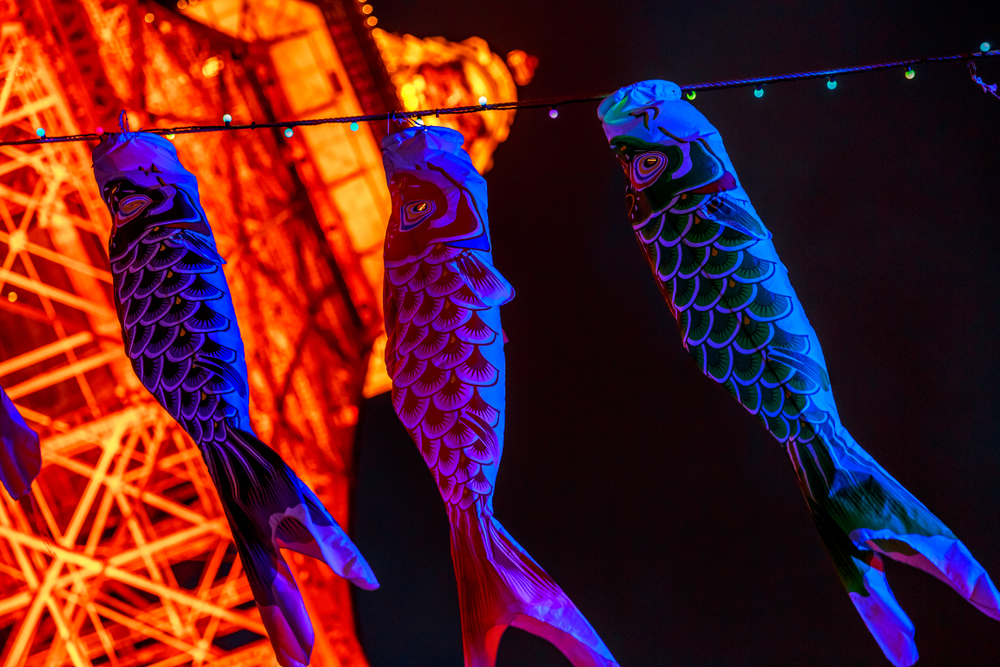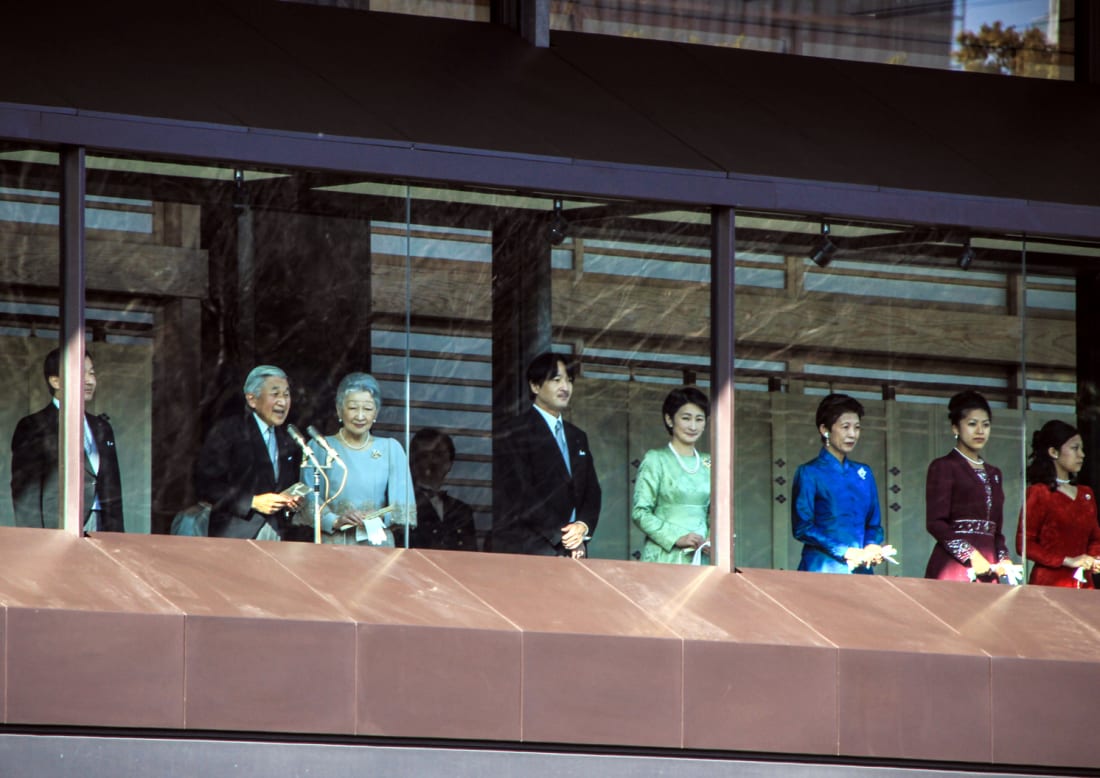Start making travel plans, because Golden Week is about to become a little shinier.
Japan’s cabinet approved a bill this week to assign one-off holidays to celebrate Crown Prince Naruhito’s ascension to the imperial throne, creating a 10-day Golden Week holiday from April 27–May 6, 2019.
The bill would also create a holiday on October 22, 2019, the day of Naruhito’s enthronement ceremony, for which the government is still considering a public exhibition. “For the Japanese people to celebrate all together, [the days] will be treated as holidays,” said the chief cabinet secretary Yoshihide Suga at a press conference.

Carp flags to celebrate Children’s Day
Take a Japan Vacation
The government aims to have the bill, which was submitted to the House of Representatives on Tuesday, cleared by the Diet during the ongoing Extraordinary Diet session through December 10. The bill’s clearing would result in May 1 becoming a public holiday, making April 30 and May 2 holidays as well, as Japanese law prescribes that days sandwiched between national holidays also become public holidays.
Known as the longest vacation period for many Japanese workers, Golden Week is seen as an opportunity to venture outside of Japan or travel back to one’s hometown to visit family. Whether or not Japanese companies decide to recognize these additional holidays remains to be seen.
Golden Week designates April 29 as a holiday to honor Showa Day, May 3 to celebrate Constitution Memorial Day, May 4 for Greenery Day and May 5 for Children’s Day. However, the majority of workers end up working from April 30 to May 2, making Golden Week not so golden after all.

Japan’s New Emperor
On May 1 of next year, Crown Prince Naruhito is scheduled to officially accede the Imperial Throne, becoming the 126th member of the world’s oldest reigning dynasty. Citing advanced age and declining health, his 84-year-old father, Emperor Akihito, is set to abdicate on April 30, the first Japanese Emperor to do so in over two centuries.
This marks the end of the Heisei period. Upon abdicating, Akihito will receive the title of Joko, an abbreviation of Daijo Tenno (Retired Emperor). His wife, Empress Michiko, will become Jokogo. Akihito’s younger son, Prince Fumihito, is expected to become his brother’s heir presumptive.









